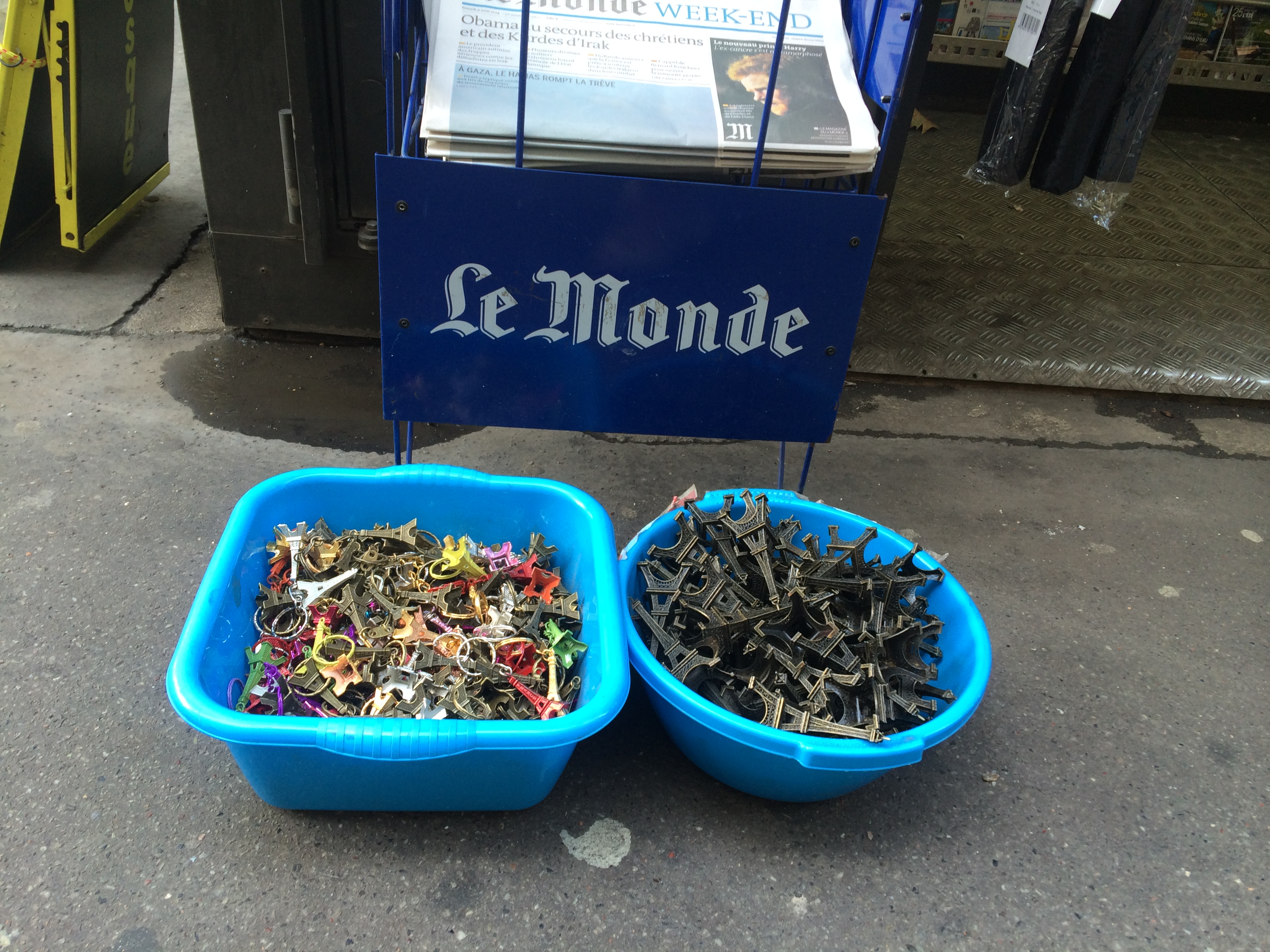After the horrific attacks in Paris last week, after attacks in Egypt, Beirut and Mali, the West went after its enemy – irrationality. It feels like shadowboxing. Every day the complexity of reality retreated. The lust for answers, for clarity, for applying reason to deep conditions feels simplistic, self-defeating, annulling. Terrorists have simplistic, quick-fix, deadly fantasies; but we also put ourselves in collective traps of pseudo-reason that flattens out reality.
Artists can at least negotiate the tensions and pain of where we find ourselves. In the deep mourning for victims and loss of openness, I wrote the following poem. I used the double image of light – the failures of the Enlightenment, the harsh searchlights of surveillance and an us. v. them authoritarianism that has trouble turning light on itself.
The Enlightened
Are flushing out darkness.
They have reasoned down
the dome of the sky.
There is only starry light, not starry
night. Eyes refuse to close,
we are a dreamless troubled lot.
Our nerves catch every
morsel of bread tossed to us,
sick from being overfed.
Yet we are starving, hungry still.
Love me in the cellar
behind the stairs.
Burrow deep so I may remember
the questing of bells, the touch of my
own hand.


How amazingly — and compellingly–the state of Terror and alienation is repaired by ‘sex under the stairs”! A lyric of both intellectual range and intimate Eros.
THere was nothing cathartic about the responses this week to the Paris attack. The reactions only deepened my sense of despair and feeling that we’re stunted, trapped, limited in rigid polarities. As you say, the alienation from the State of Terror that has become complex reality. Art seems to be the open place to analyze, meditate and respond from a source deeper than reason.
I keep thinking about this poem. Given the contrast between rationalistic Enlightenment, which ends in a deracination of the person from the mystery of concrete existence ( I recall here the philosophy of Gabriel Marcel who with Camus and Buber provide a powerful response to the nihilism that nourished the Age of Terror, the transition of the poem from brilliant aphorism (what could be more a Enlightened!) to an erotic narrative recalls employees the Song of Songs and the mystical tradition of the Thou if Psalms. The prayer to the transcendent Other to know me in my inward parts is profoundly scriptural. This brief lyric exemplifies the power of art to reconfigure the ethos from the nihilism of modernity to the World as Text and the human person as an active partner in the ongoing Creation. Did I say I ‘like’ the poem?
yes, deeper than Voltaire!